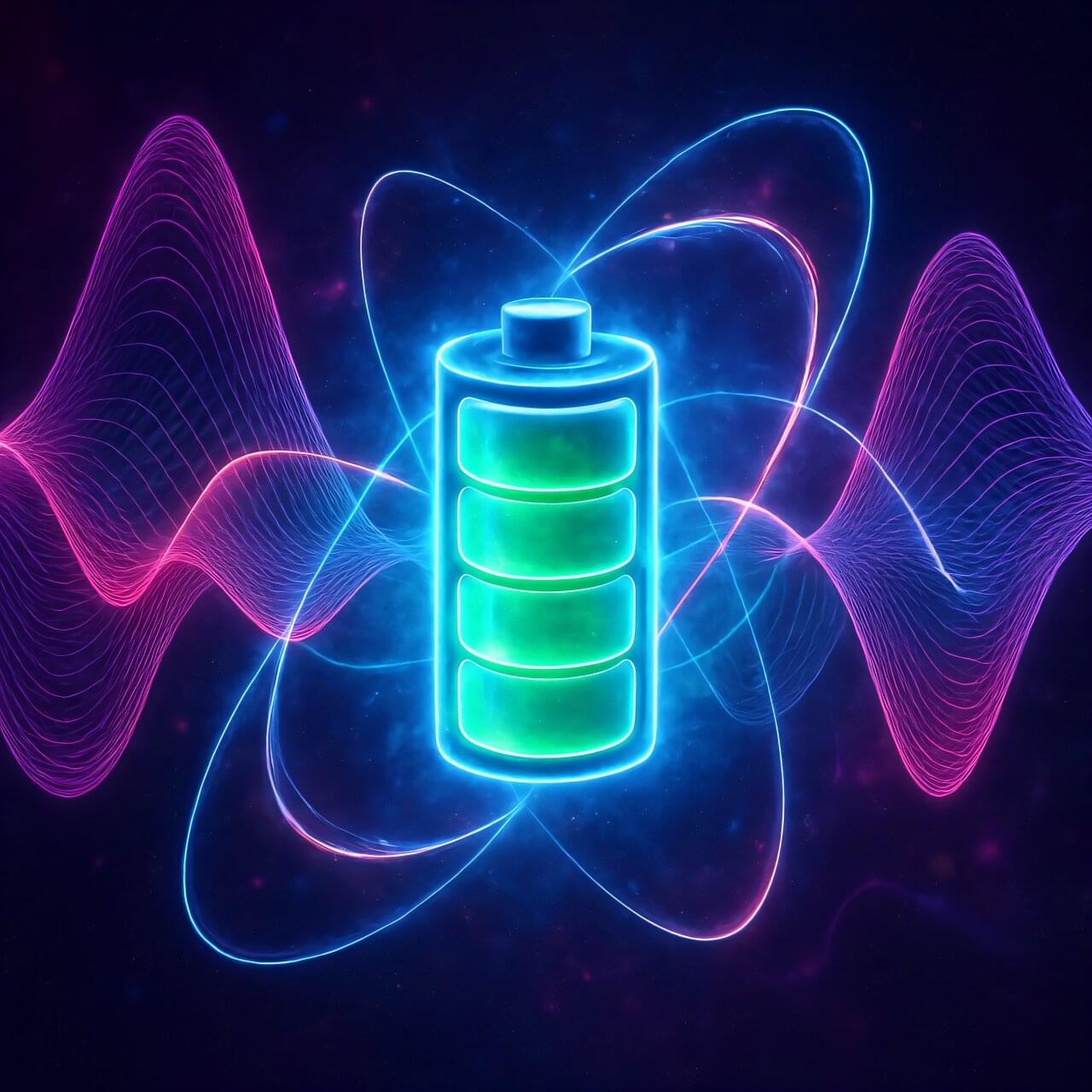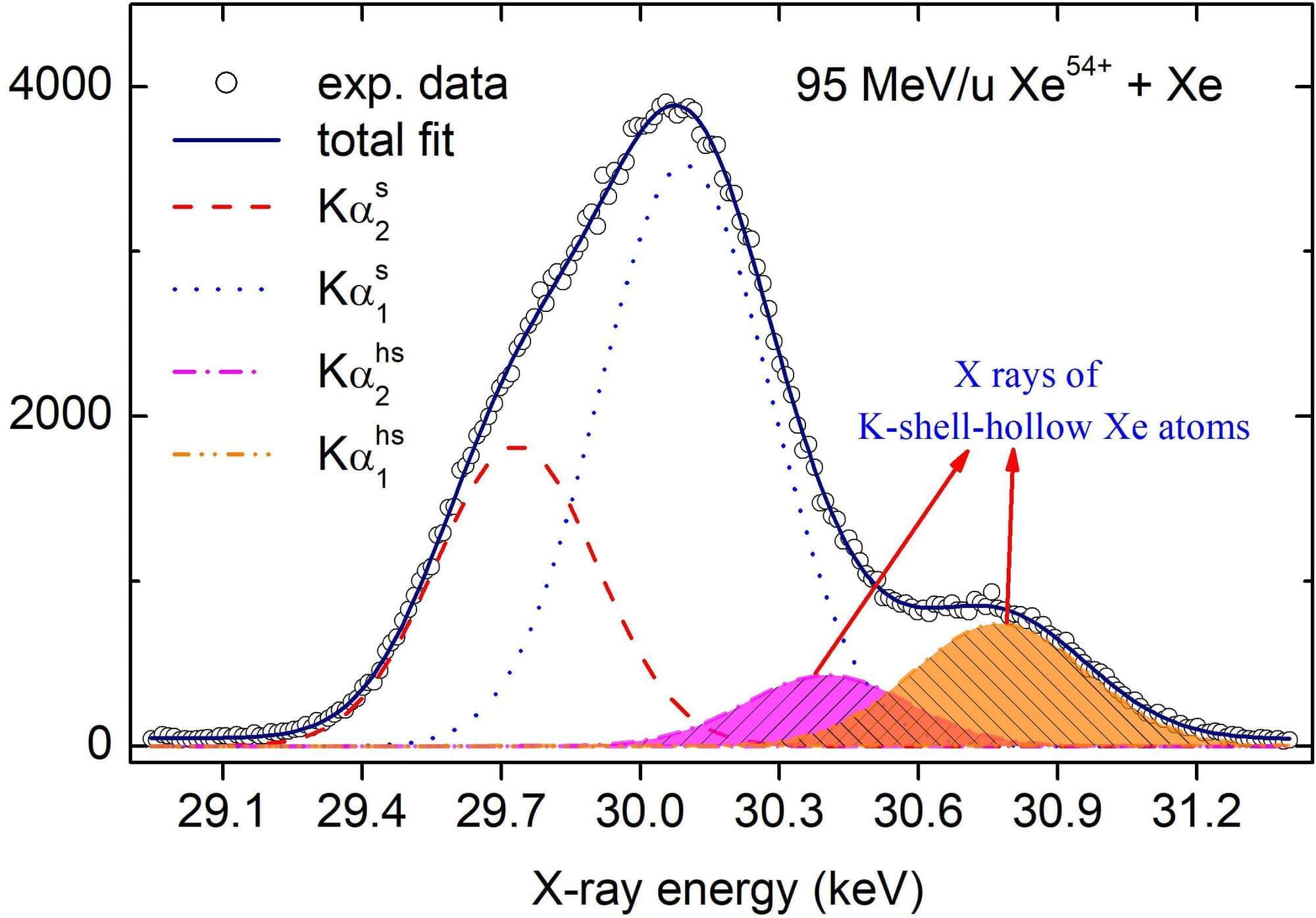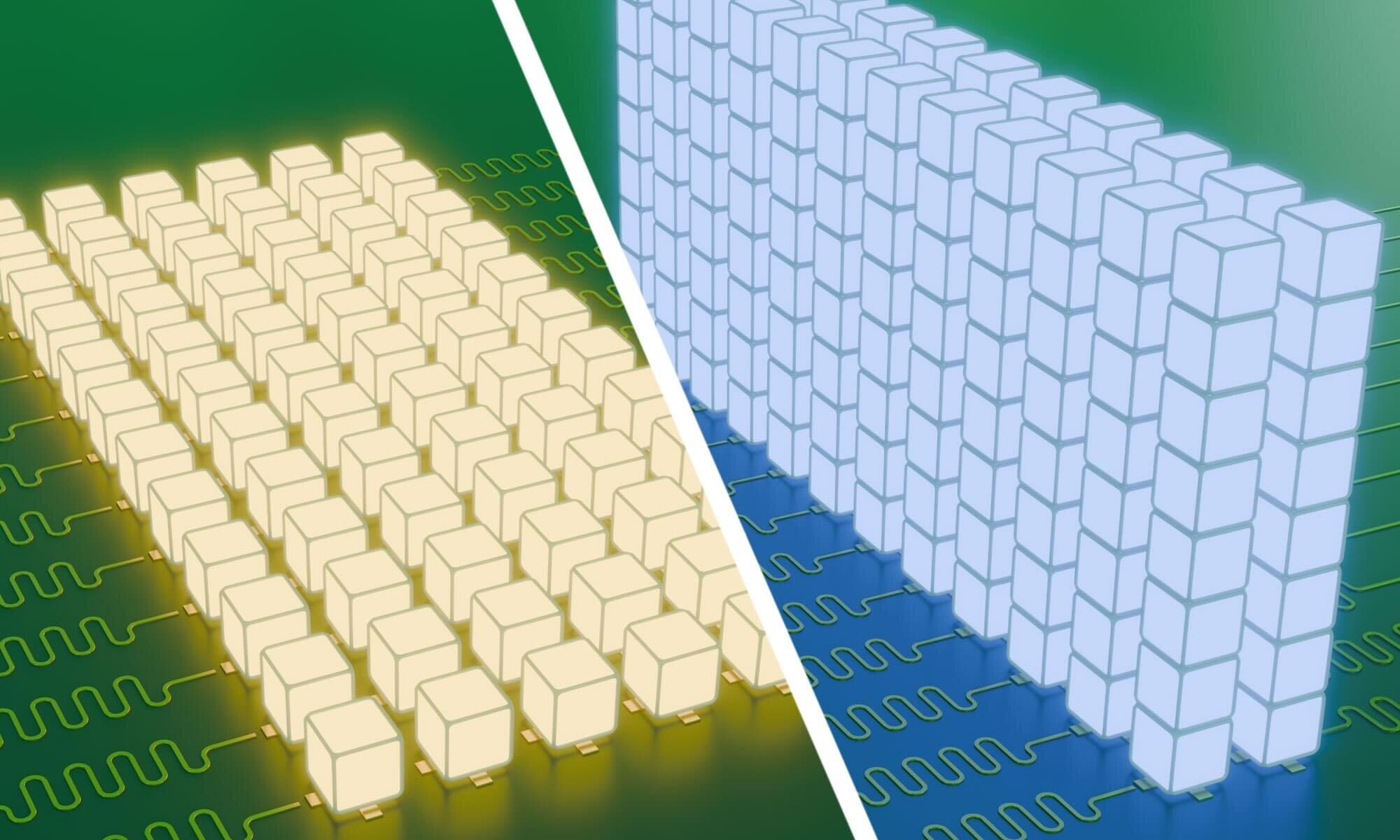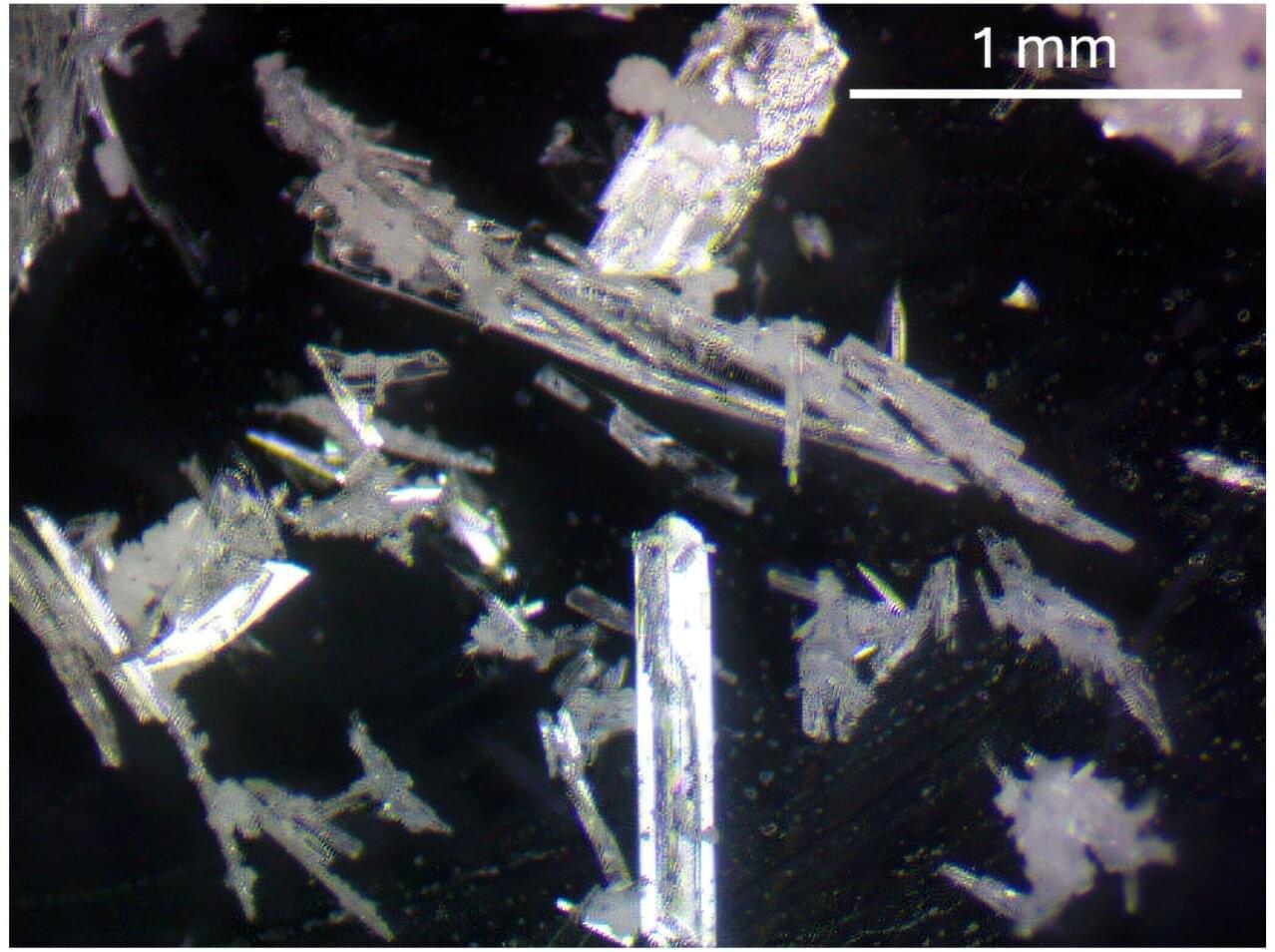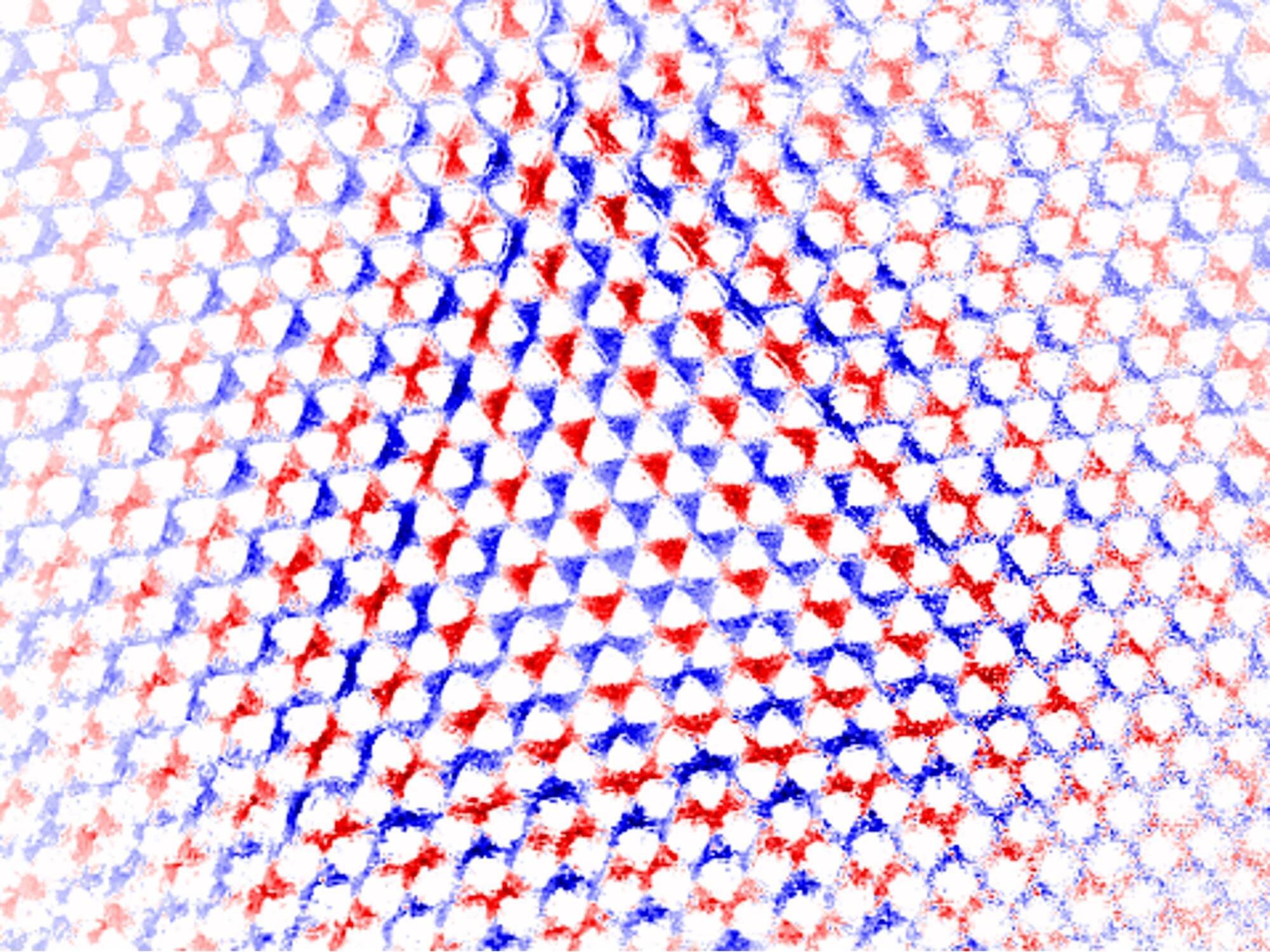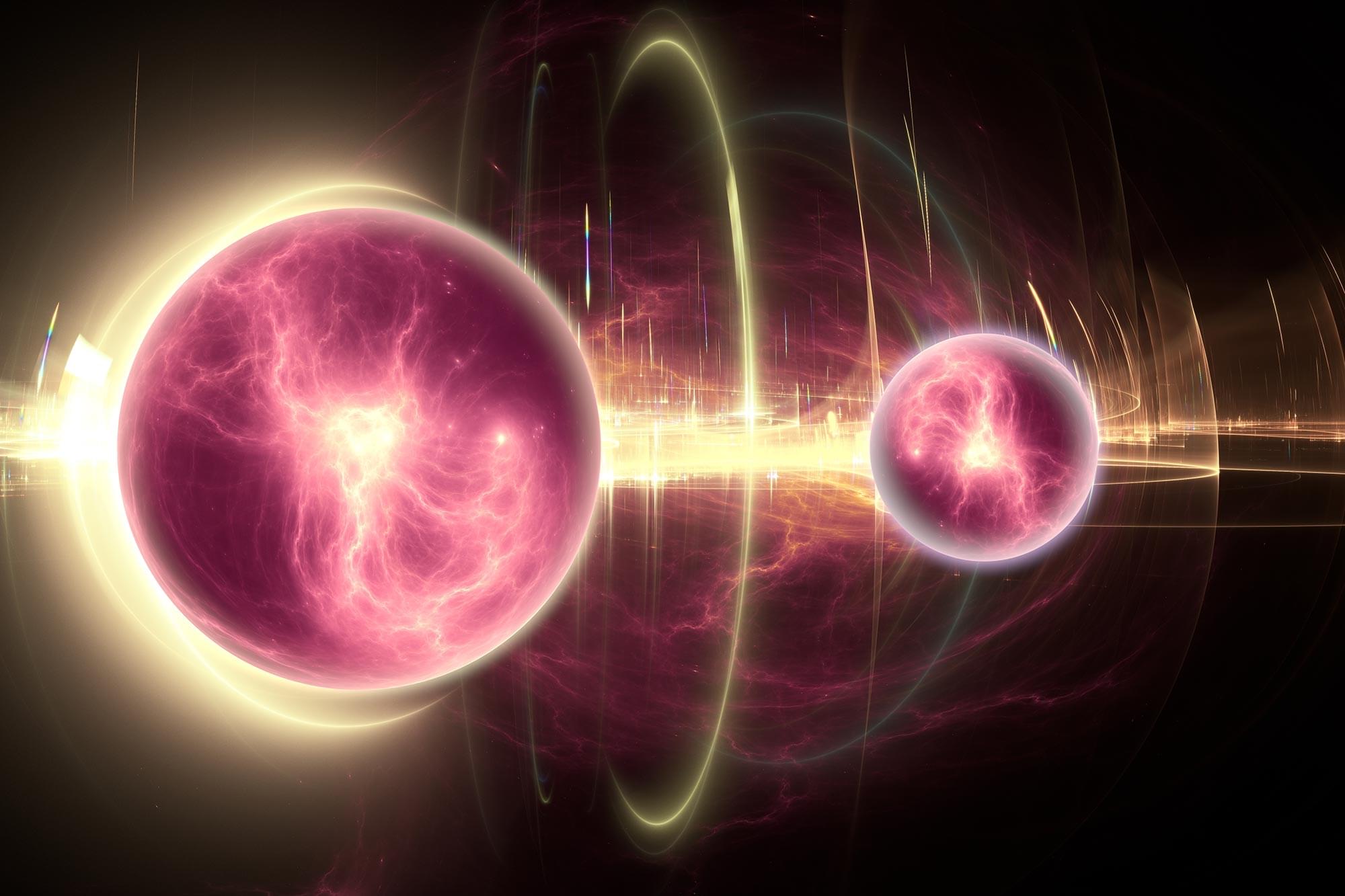Over the past few years, researchers have developed various quantum technologies, alternatives to classical devices that operate by leveraging the principles of quantum mechanics. These technologies have the potential to outperform their classical counterparts in specific settings or scenarios.
Among the many quantum technologies proposed and devised so far are quantum batteries, energy storage devices that could theoretically store energy more efficiently than classical batteries, while also charging more rapidly. Despite their predicted potential, most quantum battery solutions proposed to date have not yet proven to exhibit a genuine quantum advantage, or in other words, to perform better than their classical counterparts.
Researchers at PSL Research University and the University of Pisa recently introduced a new deceptively simple quantum battery model that could exhibit a genuine quantum advantage over a classical analog battery. The new model, outlined in a paper published in Physical Review Letters, was found to successfully reach the so-called quantum speed limit, the maximum speed that a quantum system could theoretically achieve.
